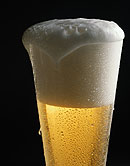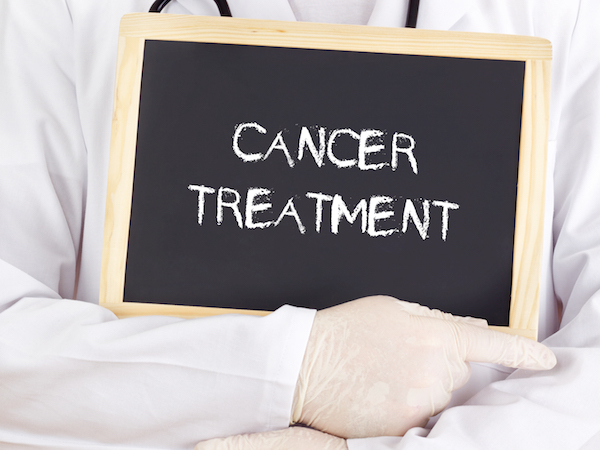
MONDAY, April 4 (HealthDay News) — Heavy beer drinkers who carry a gene mutation involved in the metabolism of alcohol may face a higher risk than others of developing stomach cancer, new European research suggests.
Having a certain genetic variant and drinking roughly three 12-ounce cans or more of beer a day appears to markedly increase the risk of “non-cardia gastric cancer,” a study found.
“This is the first time we’ve seen this genetic variant associated with gastric cancer risk, so we need to emphasize that this result needs to be replicated in other populations,” cautioned study lead author Eric Duell, a senior epidemiologist at the Catalan Institute of Oncology in Barcelona, Spain.
“For now, if people want to know whether they should go out and get tested for this variant or whether they should stop drinking if they’re heavy beer drinkers, I would basically say that we’re not there yet,” added Duell.
“All we can currently say is that the genetic variant is associated with increased risk, heavy drinking is associated with increased risk, and when the two are together, the risk is even worse,” he noted.
The study focused on the “rs1230025 variant” located among a group of three genes already linked to alcohol digestion.
And although the results focus on the coupling of the mutation with heavy drinking, the authors also found that either factor on its own also raised stomach cancer risk, although less dramatically. Namely, cancer risk was elevated among non-drinkers bearing the mutation and among heavy drinkers without the mutation.
Duell and his colleagues are slated to present their findings Monday in Orlando, Fla., at the annual meeting of the American Association for Cancer Research. Findings presented at meetings are considered preliminary until published in a peer-reviewed journal.
Globally, stomach cancer is the second-greatest cause of cancer death, the authors say, but it is less prevalent in the United States than in some other countries.
Such differences have led researchers to suspect that potentially modifiable factors, such as drinking patterns, might influence risk.
Duell and his team analyzed information from a large cancer and nutrition study involving more than 521,000 residents of 10 European countries between 1992 and 1998. They looked at consumption patterns of beer, wine and liquor, cancer incidence and genetic screening information for the study participants, who were 35 to 70 years old.
The team linked a 75 percent bump in gastric cancer risk to consumption of 30 grams or more of pure ethanol/alcohol a day in the form of beer. A standard 12-ounce can of beer contains 13 grams of pure ethanol/alcohol, they noted. Wine and hard liquor did not appear to increase cancer risk.
Europeans who drank heavily and also carried the gene mutation in question demonstrated an even higher stomach cancer risk, the researchers found.
The mutations analyzed are common, said Duell. “I don’t know what it would be in the U.S., but among our European population about 20 percent carried this variant. So it’s not rare,” he explained.
“But gastric cancer is multi-factorial,” he added. “There are many, many causes. So it’s important to note that someone who’s a heavy drinker may never get gastric cancer, and that clearly there are other health problems associated with gastric cancer that play a role.”
Dr. George Kim, assistant professor of oncology at the Mayo Clinic College of Medicine in Jacksonville, Fla., said the observations should be considered in context.
“If you’re a young American in a bar in New York,” he said, “the question is, does this even apply to you? And I have some concerns that it does not. This genetic issue seems to be more applicable to certain northern Europeans and perhaps Asian populations,” Kim said.
“Also, if you’re drinking three beers a day, that’s a lot,” Kim noted. “That may raise the risk for a lot of other issues, such as liver disease. So I would say that drinking in moderation is always desirable. But at this point this particular finding should not raise undue concern.”
However, Dr. Janice Dutcher, an attending oncologist at St. Luke’s-Roosevelt Hospital Center/Continuum Cancer Centers in New York City, said the findings “make logical sense.”
“It’s certainly interesting enough that it needs to be looked at further,” she said. “And it’s enough to give people pause, if one comes from a family, for example, that has a history of gastric cancer, because we’ve long thought that alcohol is related to certain types of cancer. It’s just been very hard to prove.
Following this line of reasoning could eventually explain some degree of risk and lead to testing for those who might be most susceptible to alcohol-induced damage, she added.
More information
For more on alcohol and cancer, visit the American Cancer Society.

